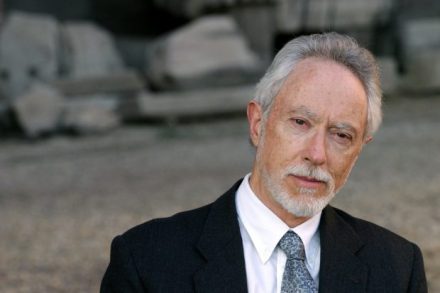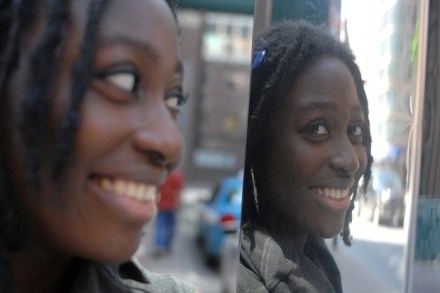The horrors of French colonialism
More from BooksWe can all share the anguish in the downfall of a simple soul — for movie-goers Brando’s despairing ‘I coulda’ been a contender!’ in On the Waterfront still resonates — but I have a problem with heroic thickos: Othello, so easily duped; purblind Lear… So I’m ambivalent about the leading character in the new novel






























